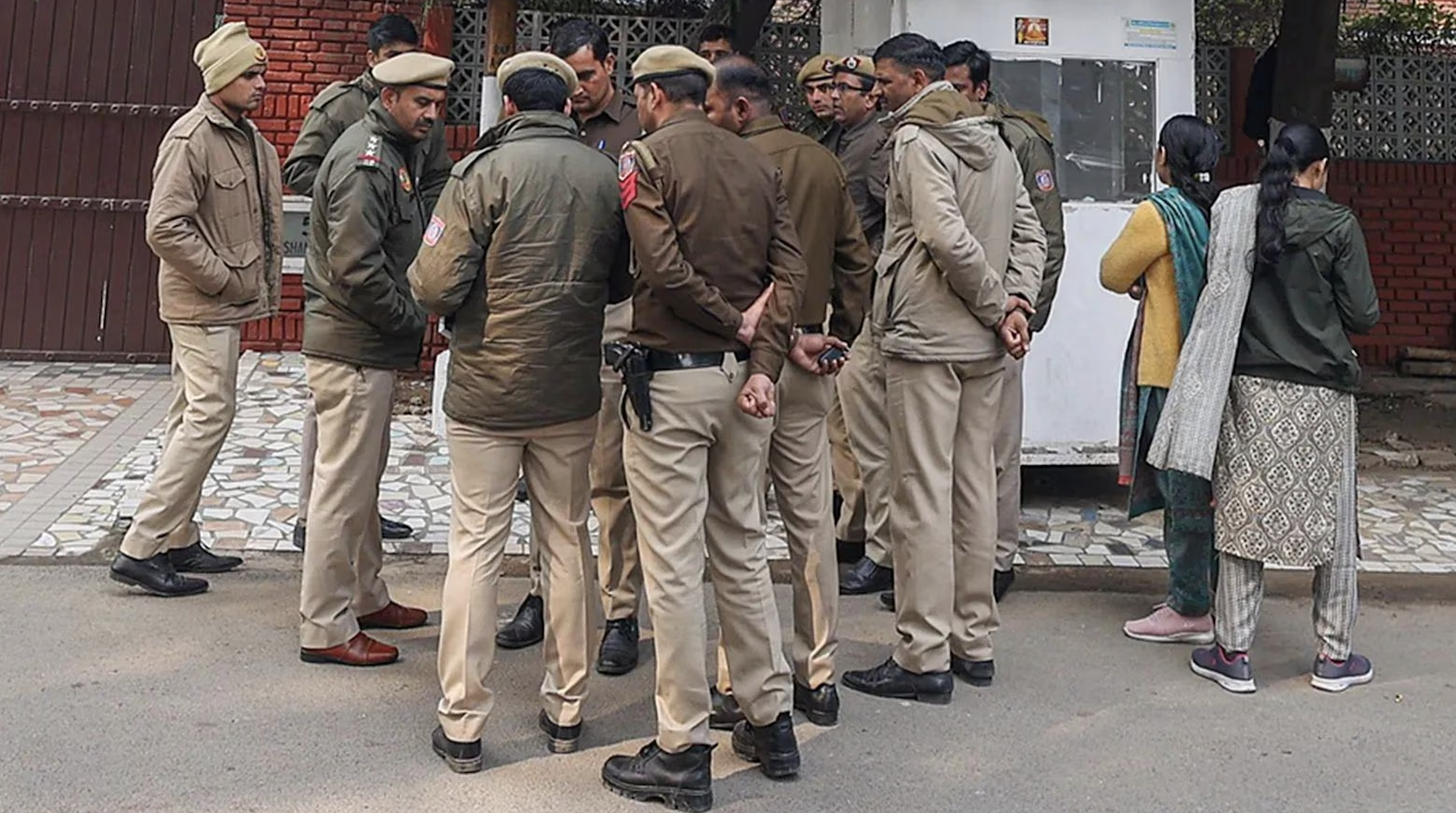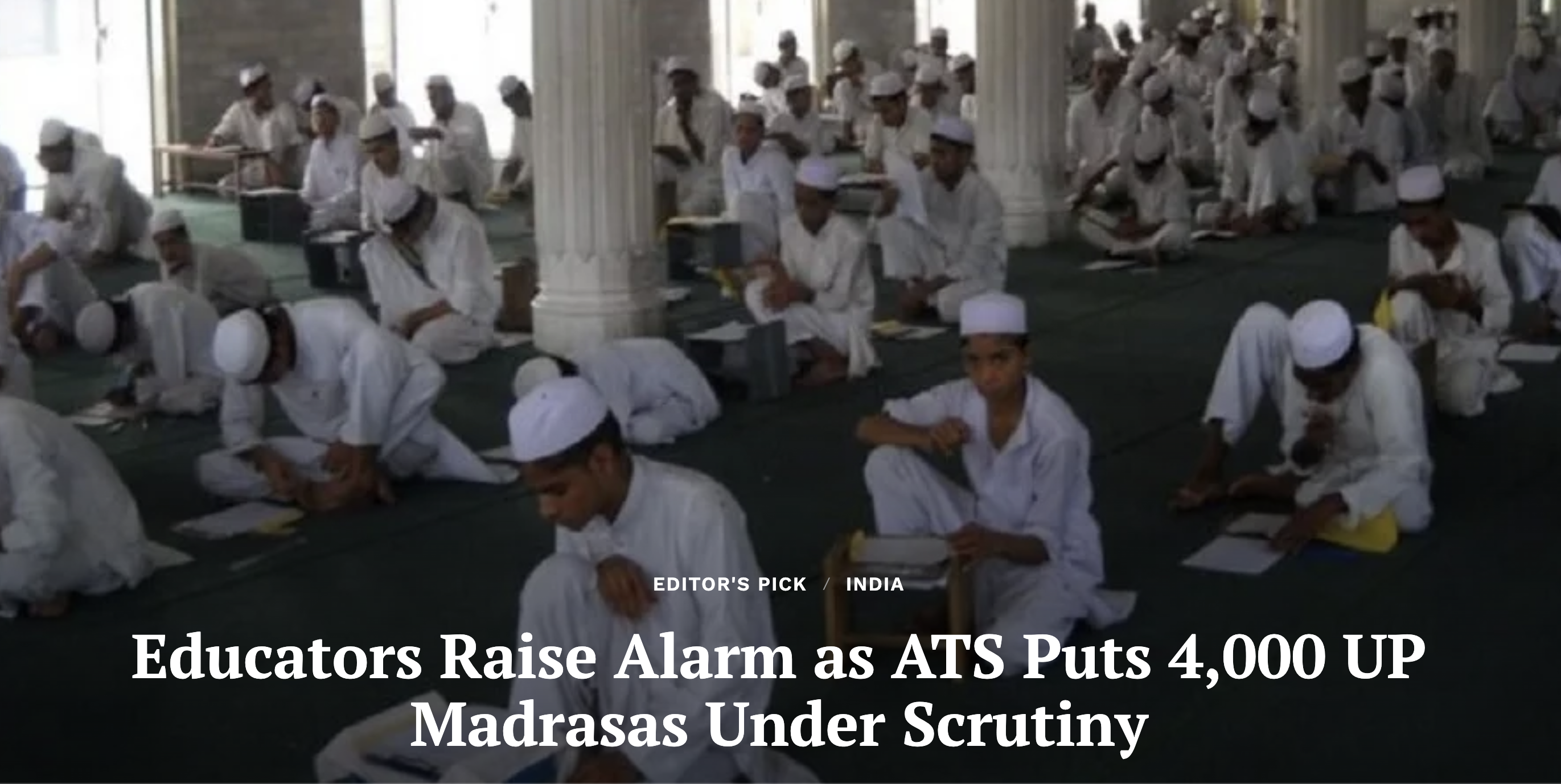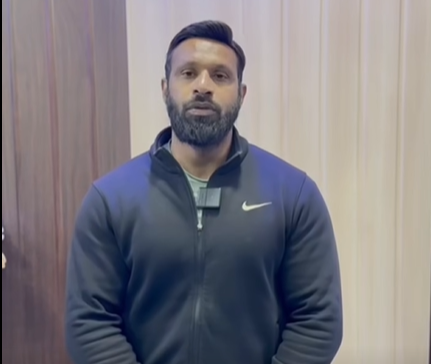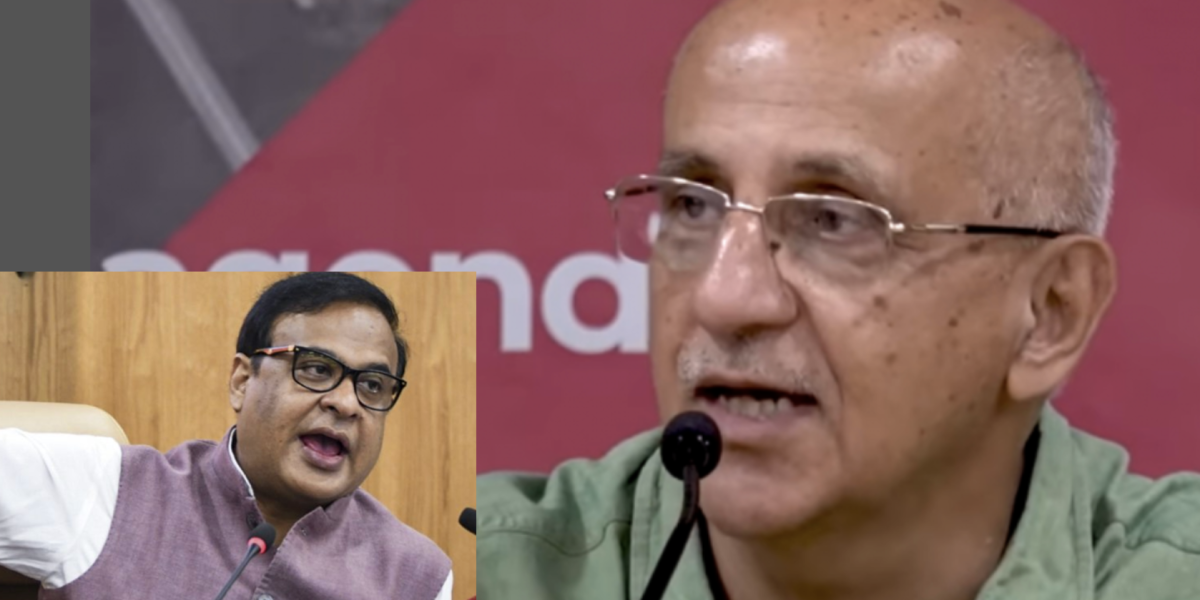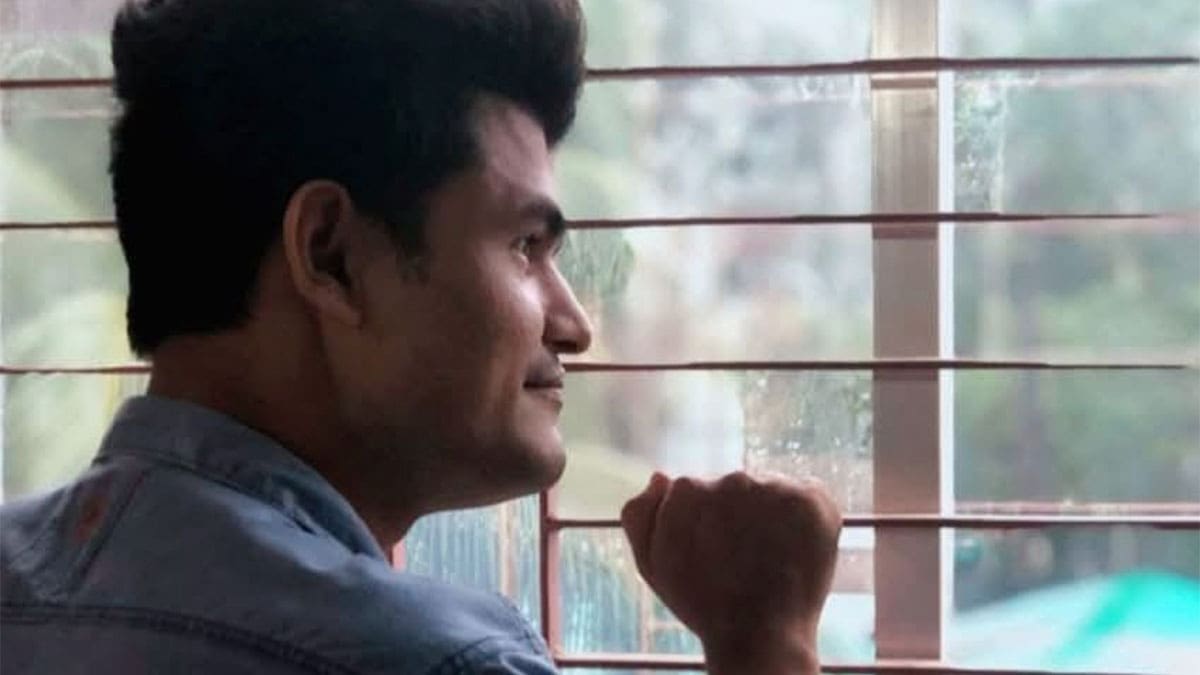
May 6 marked the final day of Rohingya human rights defender Mohammad Arfat’s arbitrary detention in Indian jails. After more than four years behind bars, he was taken to the Bangladesh border and deported under the cover of darkness along with two other Bangladeshi migrants.
“Don’t come back. We will shoot you directly,” warned an Indian official escorting him from the Matia detention facility in Assam, now renamed the ‘transit camp’. Arfat was blindfolded during the journey.
He then spent ten days in a Bangladeshi jail while authorities decided what to do with him. As uncertainty mounted, he was overwhelmed by painful memories from his past.
“I felt like taking my life,” Arfat told Maktoob from an undisclosed location in Bangladesh, where his prior activism had attracted death threats.
“I am tired of being persecuted.”
India’s forced deportation of Arfat, with no due process, came nearly two months after the UN Human Rights Council Working Group on Arbitrary Detention urged the Indian government to end Arfat’s detention. The UN recommended his immediate and unconditional release and asked India to coordinate with the UNHCR to grant him protection, including possible resettlement in a third country.
The Working Group also expressed grave concern that Arfat was experiencing suicidal thoughts after years of detention and required urgent medical care.
Since early May, India has expelled nearly 600 undocumented individuals it deems “illegal migrants”. Most were deported at land borders with Bangladesh, but 40 Rohingyas holding UNHCR cards were allegedly pushed into the Andaman Sea near the Myanmar border.
This story was originally published in maktoobmedia.com. Read the full story here.


